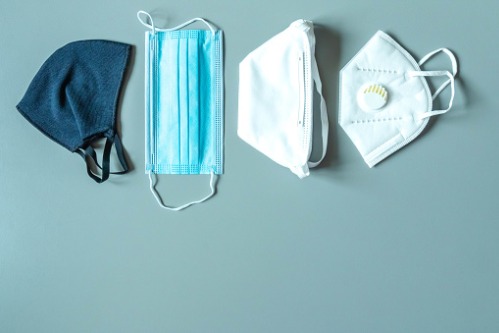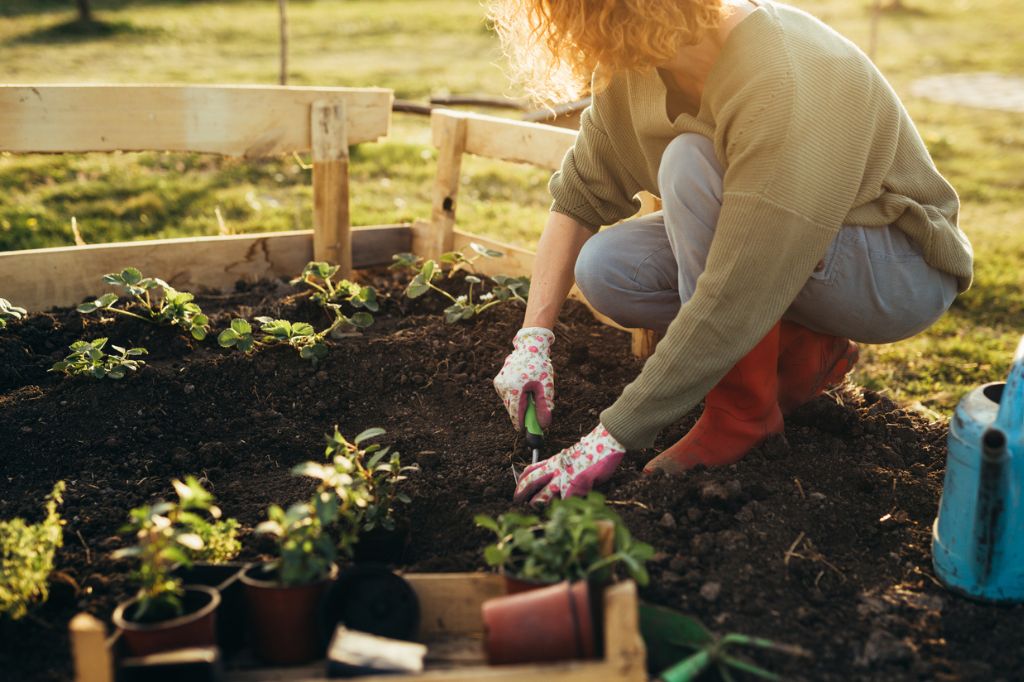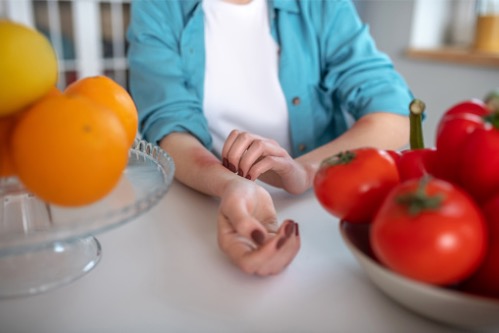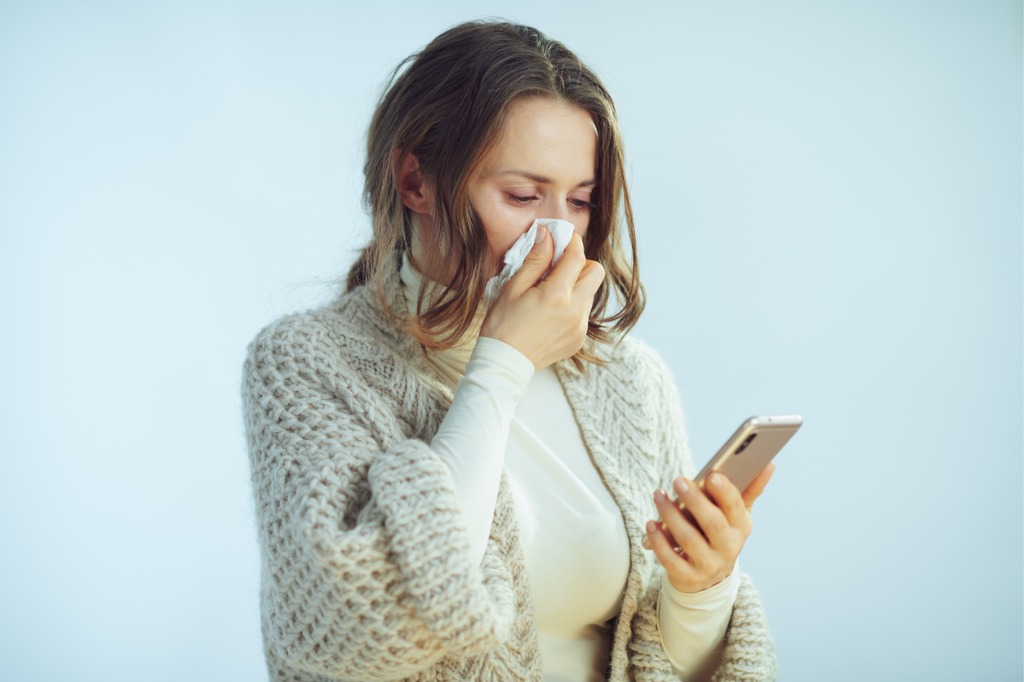
Best Face Masks for COVID-19
There are several ways to protect yourself and your loved ones from the novel coronavirus, COVID-19. Through social distancing, proper hand hygiene and face masks, you can help flatten the curve in your community. There are many questions surrounding face masks, and while experts agree that the N95 mask is preferable, not everyone is able to obtain these.
What types of face masks work best?
The CDC encourages all people to wear masks or face-coverings in public settings. The physical barrier of a face mask helps keep respiratory secretions within your mask and can protect others if you are sick with COVID-19.
N95 respirator
The N95 respirator is a respiratory protective device designed to achieve a close facial fit and efficient filtration of airborne particles. As the name indicates, the mask is designed to block 95% of very small particles. Because this mask can filter out both large and small particles, it offers more protection against respiratory secretions compared to surgical and cloth masks.
N95s, and in some cases surgical masks, are being reused. While these masks are preferably not supposed to be worn more than once, worldwide PPE shortages have forced modifications and exploration of decontamination and reuse of filtering facepiece respirators, especially for N95s.
Surgical masks
A surgical mask is a loose-fitting, disposable mask that is composed of breathable synthetic fabric. You may recognize these as the popular, baby blue masks that are most widely available. These masks are not to be shared and may be labeled as surgical, isolation, dental, or medical procedure masks.
If worn properly, a surgical mask is meant to help block large-particle droplets, splashes, sprays, or splatter that may contain germs. Surgical masks may also help reduce exposure of your saliva and respiratory secretions to others. Surgical masks should not be used more than once or washed. If your mask is damaged or soiled, you should remove the face mask, discard it safely, and replace it with a new one.
Cloth masks
According to the CDC, cloth masks may help slow the spread of COVID-19 and help keep people who may unknowingly have the virus from transmitting it to others. Before purchasing a cloth face mask, it is important to consider the fabric, layers, and shape of the mask.
Fabric
The fabric of your mask is crucial when it comes to comfort and effectiveness. You want to find a face mask that allows for breathing without restriction, but also provides protection against respiratory droplet spread. Cotton or nylon is the recommended fabric for the inner lining and filter pocket of masks. The tightness of the weave is also important. To check your fabric, hold it up to a light, and if you can easily see the outline of the individual fibers, this face mask may not make a great filter.
Layers
Masks that are made of multiple layers are more effective at blocking small particles. You can easily find a mask made of two layers of a tight-weave fabric with a built-in pocket where you can place a filter.
Shape
A face mask should cup tightly to your face to work effectively. Try wearing a mask with pleats or folds rather than masks with a flat front design. It should fit snugly, but comfortably against the side of the face and completely cover the nose and mouth.
Cloth masks can be reused as long as you are washing them daily. Experts say that cloth masks should be washed daily with soap or detergent and hot water. Make sure the mask is completely dry before using it.
Take away
Surgical and cloth masks do not offer full protection, and they should not be viewed as a replacement for social distancing, frequent hand-washing and avoiding crowds. However, when you combine face masks with these measures, they can make a big difference in protecting yourself and slowing the spread of COVID-19.
If you experience cold or flu-like symptoms, such as fatigue, body aches or especially fever, there is a chance it may be COVID-19. It is always safer to get tested than risk spreading the virus to others in your community. If you suspect it may be COVID-19, contact your primary care physician for testing.



